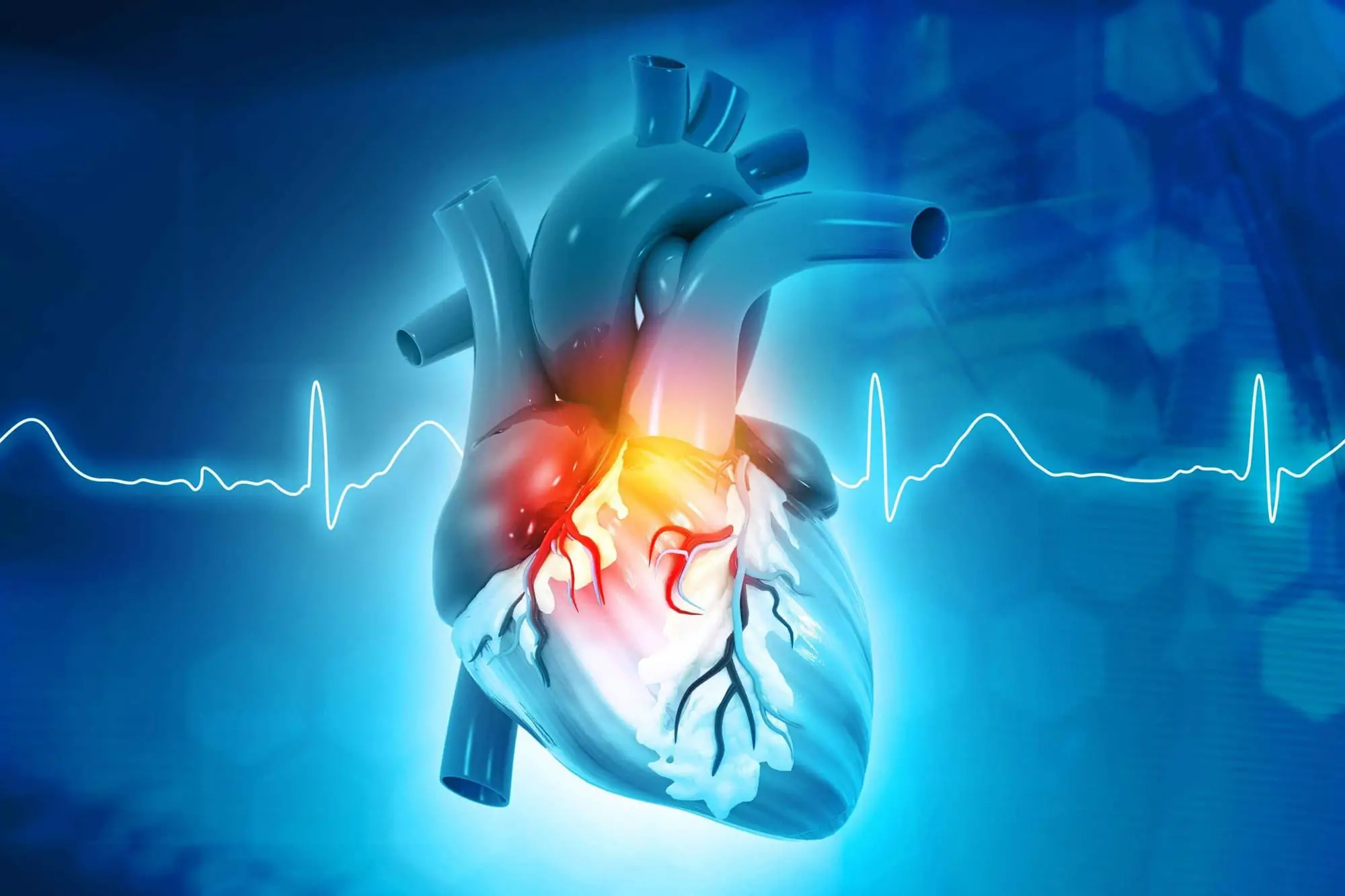Summary of Causing Heart Disease – Estrogen Negatively Impacts Heartbeat Regulation:
Estrogen may negatively impact heartbeat regulation and increase the risk of certain types of arrhythmia, according to an experimental study from Linköping University. The study suggests that estrogen’s impact can interact with genetic changes to cause a heart disease that disrupts the heart’s rhythm, while other endogenous substances may offer protection. Reduced ion channel function, Kv7.1/KCNE1, is a risk factor increasing the risk of arrhythmia. The researchers found that some hereditary mutations interact with estrogen sensitivity, and endocannabinoids function as protective factors in Long QT syndrome.
*****
Estrogen’s negative impact on heart rhythm regulation
A study conducted at Linköping University in Sweden has found that estrogen, the sex hormone women produce in more significant quantities, has a detrimental effect on heart rhythm regulation. The research found that estrogen’s impact can interact with genetic changes to cause Long QT syndrome (LQTS), a disease that disrupts the heart’s rhythm. At the same time, other endogenous substances may offer some protection against it. According to the researchers, the findings indicate that these factors may be essential to study in humans, as this may lead to ways of increasing endocannabinoid levels to counteract arrhythmia.
Understanding the role of substances in the body that impact the function of ion channels
The heart’s electrical activity is regulated by tiny pores, known as ion channels, that traverse the cell membranes and control the flow of ions with an electrical charge in and out of the cells. Some ion channels serve as accelerators, while others act as brakes to regulate every heartbeat throughout a person’s life. Researchers are trying to understand which bodily substances impact the ion channels’ function. Understanding how this regulation works could help to understand why some individuals are more protected against certain heart diseases than others.
Possible link between estrogen levels and heart disease in Women
The researchers studied the type of ion channel most often mutated in LQTS called Kv7.1/KCNE1. In this study, the researchers examined the effects of estrogen on this specific ion channel. They found that ion channel function was hampered by estrogen, which they interpret as an indication that estrogen may increase the risk of certain types of arrhythmia. The researchers also found that some hereditary mutations interact with estrogen sensitivity, with some mutations leading to high estrogen sensitivity. In contrast, others lead to the ion channel completely losing estrogen sensitivity. The findings suggest that women with a genetically increased risk of LQTS may be carriers of mutations that interact with estrogen sensitivity. This could put them at a higher risk of developing heart disease.
Endocannabinoids may function as protective factors against arrhythmia.
The researchers also conducted a similar study into endogenous substances known as endocannabinoids. This study showed that endocannabinoids seemed to function as protective factors in LQTS. According to the researchers, the findings indicate that these factors may be essential to study in humans, as this may lead to ways of increasing endocannabinoid levels to counteract arrhythmia.
Conclusion
The study suggests that estrogen negatively impacts heartbeat regulation and may increase the risk of certain types of arrhythmia. The researchers found that some hereditary mutations interact with estrogen sensitivity, and endocannabinoids seem to function as protective factors in Long QT syndrome (LQTS). LQTS is a relatively rare disease, affecting around 1 in 2,500 people. The researchers point out that it is essential to remember the many positive effects of estrogen and that estrogen could be a risk factor in women with a hereditary increased risk of LQTS. Further research is needed to understand the full impact of estrogen and endocannabinoids on heart rhythm regulation.


